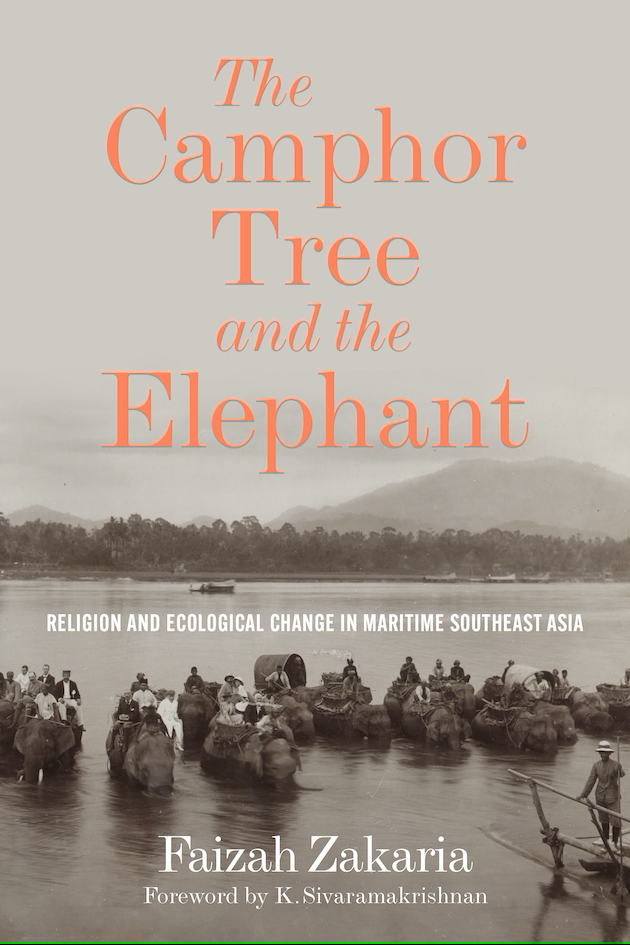Dr Faizah Zakaria Wins Prestigious Harry J. Benda Prize
February 17, 2025
Dr Faizah Zakaria Wins Prestigious Harry J. Benda Prize
Dr Faizah Zakaria has been awarded the prestigious Harry J. Benda Prize for her groundbreaking book, The Camphor Tree and the Elephant: Religion and Ecological Change in Maritime Southeast Asia. Presented by the Southeast Asia Council of the Association for Asian Studies (AAS), the prize recognizes outstanding first books in Southeast Asian Studies.
https://www.asianstudies.org/aas-2025-prizes/
Established in 1977, the Harry J. Benda Prize honors exceptional contributions to the study of Southeast Asia and is one of the most esteemed awards in the field.
Congratulations to Dr Faizah Zakaria on this well-deserved recognition!
The Camphor Tree and the Elephant
Religion and Ecological Change in Maritime Southeast Asia
By Faizah Zakaria
Uncovers a spiritual dimension in the transition to the Anthropocene
What is the role of religion in shaping interactions and relations between the human and nonhuman in nature? Why are Muslim and Christian organizations generally not a potent force in Southeast Asian environmental movements? The Camphor Tree and the Elephant brings these questions into the history of ecological change in the region, centering the roles of religion and colonialism in shaping the Anthropocene—“the human epoch.”
Historian Faizah Zakaria traces the conversion of the Batak people in upland Sumatra and the Malay Peninsula to Islam and Christianity during the long nineteenth century. She finds that the process helped shape social structures that voided the natural world of enchantment, ushered in a cash economy, and placed the power to remake local landscapes into the hands of a distant elite. Using a wide array of sources such as family histories, prayer manuscripts, and folktales in tandem with colonial and ethnographic archives, Zakaria brings everyday religion and its far-flung implications into our understanding of the environmental history of the modern world.



